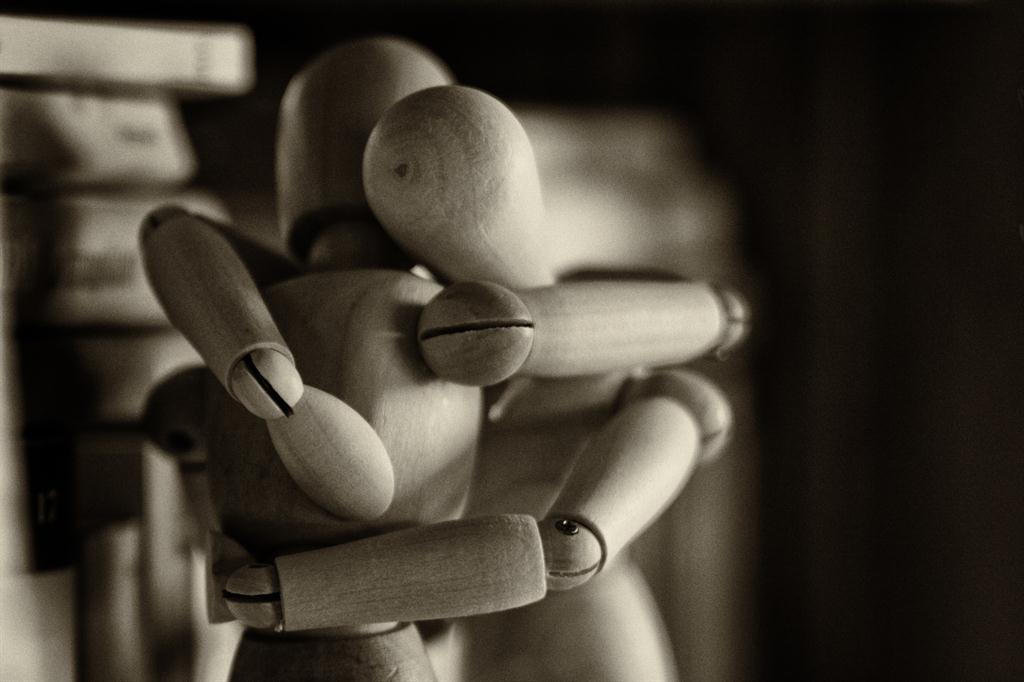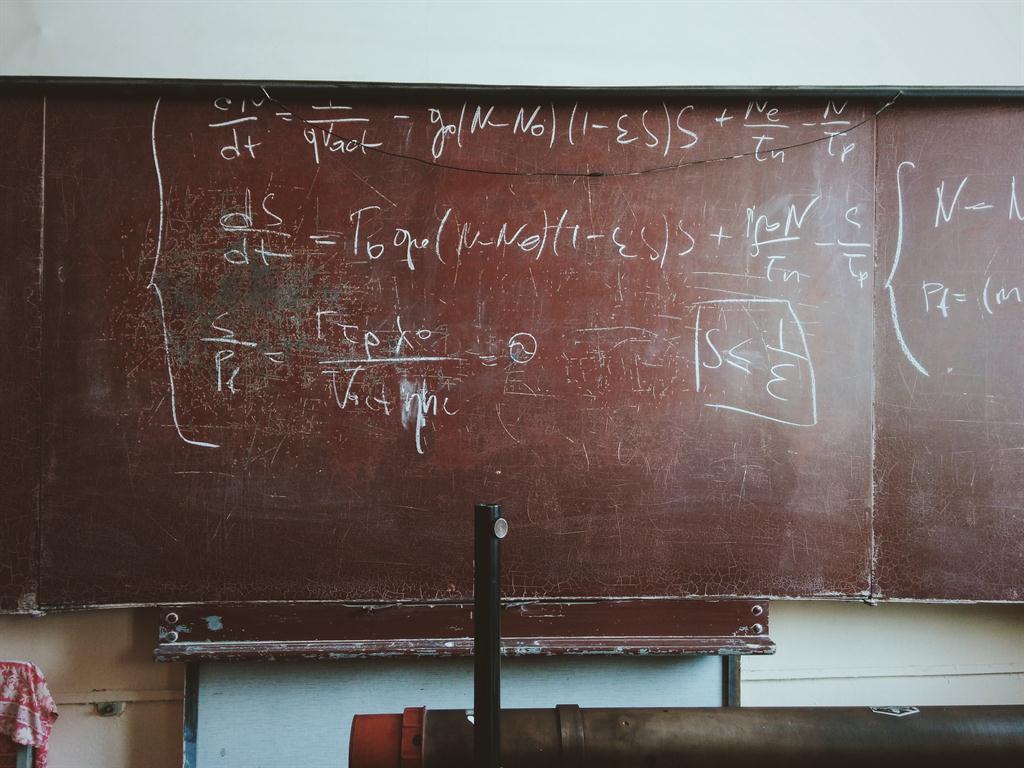Just breathe
Your mental health, along with your physical health, should always be a priority.
Iréne-Mari van der WaltWith mental health discussions rampant on social media, and being heavily endorsed by celebrities, it is becoming an unavoidable conversation.
Namib High School pupil Kaiyongua Venomambo recently committed suicide. Venomambo was found at the Swakopmund Primary School playground swings, where she had hung herself.
Doné van der Merwe, the guidance counsellor at Namib High School, has worked in the field for a decade.
She feels there has not been a rise in mental illness among teens, but says she has seen a surprising incline in learning disabilities.
She believes that learning disabilities often lead to bullying, where peer pressure eventually comes into play.
“These kids generally feel pressured, because they underperform at school and their peers often ostracise them for this, so they give in to peer pressure as a way of trying to fit in,” Van der Merwe said.
She said learners with more severe learning disabilities are more likely to be victims of bullying.
Van der Merwe believes that students need a guidance counsellor to speak to about things they cannot discuss with their parents.
“Students are also under a lot of pressure from home; parents work longer hours and many of our students live in poverty, because parents are unemployed,” she said.
“We are in denial and we need to stop ignoring the issue; just like you go see a doctor when you are physically ill, you go see a psychologist when you’re mentally ill.”
Martella Diederiks is a counsellor at the International School of Walvis Bay. She stressed the importance of a good parent and child relationship. “We all know that quality time is more important than quantity time,” she said.
She explained that children are often smothered by parents who try to prevent their failures.
“Let them fail, but be there to help them up and to create a logical solution to the problem.”
Diederiks is in agreement with Estelle Bailey, an educational psychologist who divides her time between Private School Swakopmund and Pro-Ed Academy. They both noted the relationship problems experienced by the youth.
Bailey believes the youth’s idea of the foundation for a good friendship is often skewed.
“It sometimes seems that in their social relationships their foundational ideas aren’t always in place; they don’t always seem to grasp that one should reserve your friendship for those who are truly worth it,” Bailey explained.
Another pressure point for Bailey is sleep.
She believes that teenagers do not sleep enough and that this causes emotional instability.
“It is very important to enter the REM state of sleep; the only reason why we dream is to work through our emotional debris,” she said.
Bailey also believes that the fuss about mental illness in pop culture is negatively affecting teens. “Life is scary. It’s in all of us. All of us feel anxious and all of us have bad days. It becomes a disorder when it prevents a patient from living a normal life,” she said.
Bailey also offered advice: “If a friend says they’re suicidal or not okay, but don’t want to speak to someone, listen to them. Just let them talk and listen. Don’t try to offer advice or make it lighter on them, just let them talk and listen.”
School counsellors and educational psychologists deal with more than mood or anxiety disorders. Their field encompasses learning disorders, trauma counselling and guidance. It’s okay not to be okay; reach out if you need help.
Those in need can reach out to a school counsellor, parent, guardian or trusted teacher, download the BetterHelp app or contact Estelle Bailey at 081 149 1495.





Comments
My Zone
No comments have been left on this article